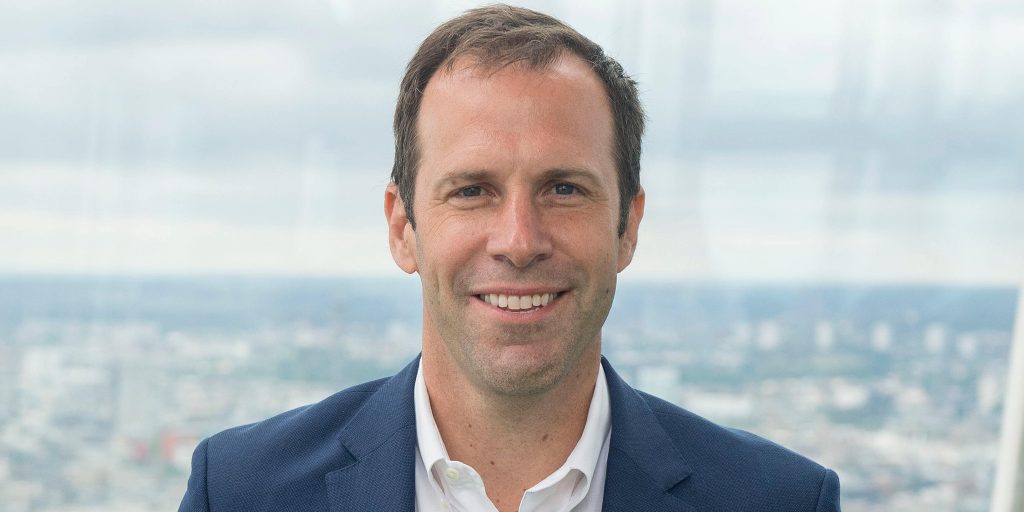The shockwaves from Carlos Alcaraz’s decision to split with coach Juan Carlos Ferrero continue to ripple through tennis and the debate over who will succeed the former world No 1 in the US Open champion’s camp is now underway.
The relatively unheralded Samuel Lopez is set to take a lead in Alcaraz’s camp as he heads into next month’s Australian Open, but the six-time Grand Slam champion may look for a more prominent coach in the long-term and several big names have been mentioned.
Spain’s Davis Cup captain David Ferrer could be a contender to join the Alcaraz team, while his fellow Spaniard Carlos Moya could be another contender.
The most intriguing name that has been mentioned is 22-time Grand Slam-winning legend Rafael Nadal, who has a good relationship with Alcaraz after they played doubles together at last year’s Olympic Games in Paris.
The prospect of Nadal making a return to tennis as a coach a little over a year after he retired from tennis would be an enticing prospect, but former British No 1 greg Rusedski has suggested the move is ‘highly unlikely’.
More Tennis News
Who will be Carlos Alcaraz’s new coach? 6 potential names after shock departure
Former British No 1 hints at a possible reason for Carlos Alcaraz’s shock announcement
“I just don’t think Rafael Nadal is at a time in his life when he wants to get back on the tour and travel every week,” declared Rusedski, as he reacted to the news that has rocked tennis as part of his Off Court with Greg podcast.
“Nadal has two young children and he seems to be enjoying his retirement, so I just don’t see him giving everything up to go back on the road with Alcaraz.”
Want more from Tennis365? Add us as a preferred source on Google to your favourites list for tennis coverage you can trust.
Rusedski went on to suggest the reason for Alcaraz’s split with Ferrero must be due to ‘a bust up’, as he questioned the timing of the split a few weeks before the first Grand Slam of 2026.

Former British No 1 Greg Rusedski
“We don’t know whose decision this was, but who can believe it? You win coach of the year one week, Alcaraz is player of the year and world No 1 and suddenly he splits with his coach,” added Rusedski.
“It’s a shock. We know it’s nothing to do with the finances, as he has signed a big new deal with Nike and I feel this is about relationship and communication. Maybe he is playing too many exhibitions, enjoying his life outside tennis.
“We are half way through the off-season and this is obviously a disagreement about training or too many exhibitions.
“Ferrero looks like he is battling with Alcaraz because the player wants to enjoy his life. If you are happy off court, you play better and if you try to change someone’s personality, it can get more difficult. That may be where the battle lines were drawn.
“I was hoping this relationship would last throughout his career, like with Rafael Nadal and his uncle Toni, but now this news has come.
“No one would say no to coaching Carlos Alcaraz if he calls you, but it’s going to be tough to replace Juan Carlos Ferrero.”
The post Will Rafael Nadal become Carlos Alcaraz’s new coach? Former British No 1 gives his verdict appeared first on Tennis365.
